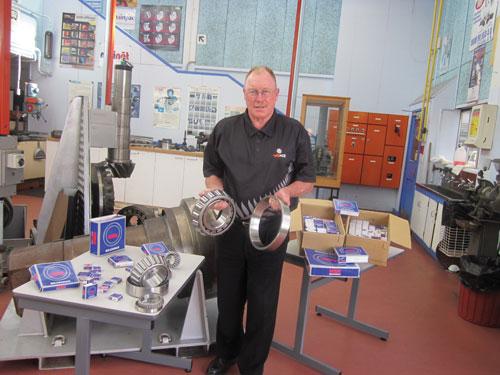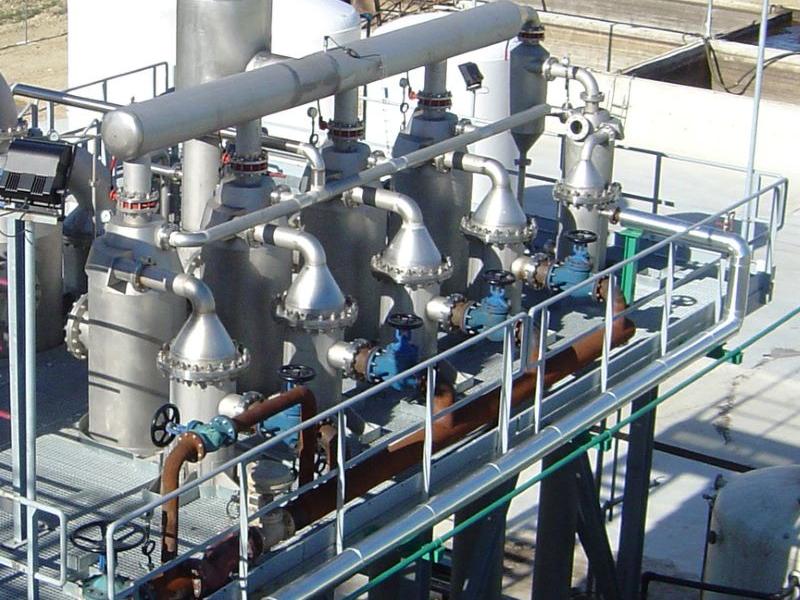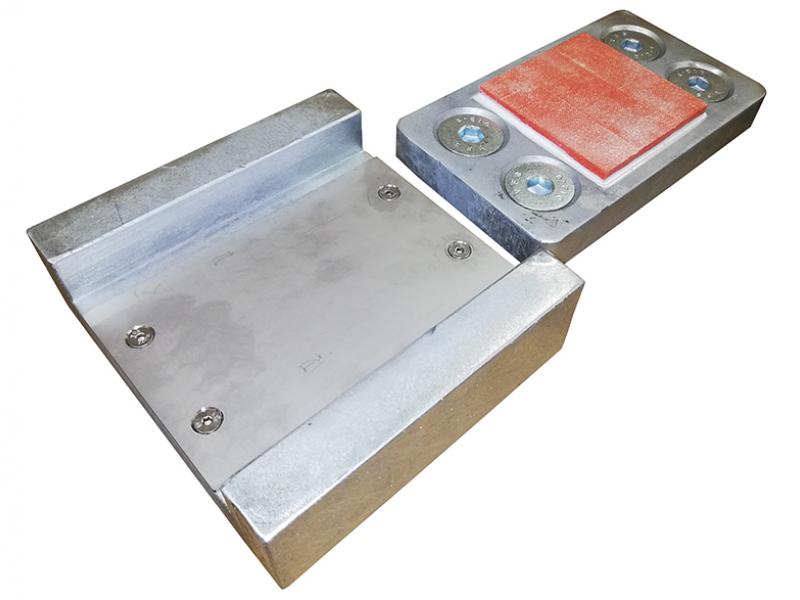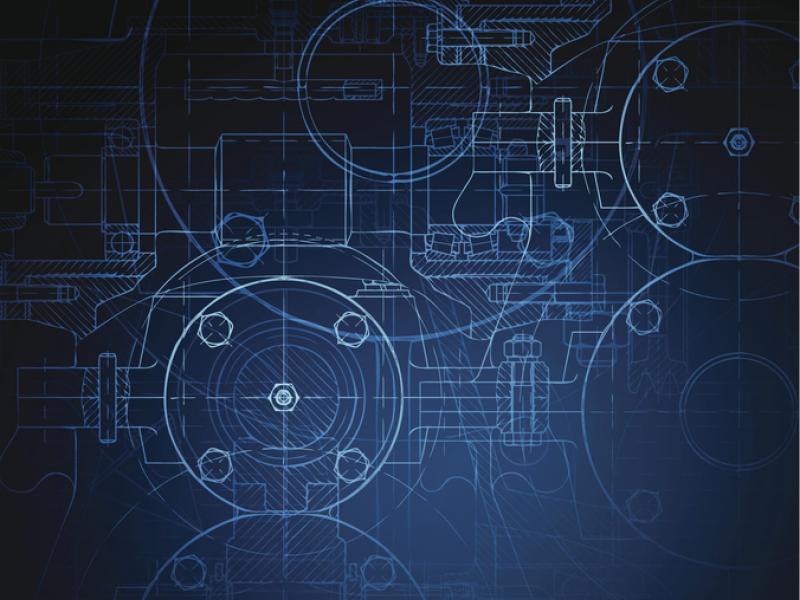Thousands of counterfeit NSK branded parts have made their way into New Zealand and been passed off as the genuine product to unsuspecting buyers.
The CEO of NSK New Zealand, Wayne Campbell, has visited at least one firm to confront managers about selling substandard products under the NSK name, and another is facing legal action by the international bearing manufacturer. He is reluctant to name the firms, citing legal issues.
However, he says first of the two firms is a motorbike parts supplier that is cooperating with NSK and has voluntarily handed over more than 5,000 counterfeit parts covering 30 different product lines to NSK.
The second firm is described by Campbell as a “uncooperative” and is facing legal action by NSK’s lawyers.
“We are at a sensitive stage,” says Campbell. “We are currently in negotiations with both firms to have them go to all their customers in tandem with us, to tell them they have been supplied with counterfeit products.
“The motorbike firm’s owner put their hand up straight away and it appears they made an honest mistake by going to an unauthorised supplier. The firm has handed over all the counterfeit product in their possession and told us where they sourced them from. That firm is now buying genuine products from our distributor.”
Lawrence Higham, a sales engineer at NSK NZ, says the firm got to hear of the counterfeit bearings after being approached by people unhappy with the performance of what they believed to be NSK products.
“We have come across failures in machinery as a result of poor quality bearings,” he says. “We investigated the claims and asked for the failed bearings to be sent to us – we found they were all counterfeits in one case, and 95 per cent of another case were counterfeit.
“We certainly want to stamp this out and make people aware that they need to buy through authorised channels to protect themselves.”
Higham says counterfeit parts are a “big problem” for all sorts of brands and industries.
“Too many firms are looking off-shore for parts and being duped into buying goods from businesses passing themselves off as authorised suppliers,” he says. “Some of the websites look authentic and highly professional.
“The prices for products are often very cheap, cheaper than the cost of manufacturing in many cases, so that is a give-away.”
Higham says some of the counterfeits look so close to the genuine parts that only an expert eye can pick them out.
“For the end-user it would also be near impossible unless it was a very bad copy,” he says. “The product boxes look the same, the bearings look the same, all the fine details are there – making it hard to differentiate between a genuine and counterfeit bearing.
“The big problem is what you can’t see – the quality. Counterfeit products can’t handle the loads and speeds, and could just fail.
“And when a bearing fails it is going to cause damage that’s hundreds of times more to fix than the cost of the bearing, plus other parts of the machine – such as a gearbox – will be affected and the cost of downtime and labour need to be taken into account.”
Wayne Campbell plans to let the Institute of Professional Engineers (Ipenz) know of his firm’s findings, which he says include coming across counterfeit parts with the SKF and FAG brands.
In the May edition of DEMM, Ipenz’s Graham Dilks told us that his organization had not been able to substantiate any issues with regard counterfeit goods, and claimed the only information it had was anecdotal.
Dilks said Ipenz was unaware of the scale of the issue but agreed counterfeit parts could put people’s lives at risk.
In a bid to gauge the issue of counterfeit goods across the Ditch DEMM contacted The Institution of Engineers Australia.
Sara Ross, a spokesperson for the industry organization, provided a written statement saying: “Generally speaking counterfeit parts are made with cheaper inferior materials and badged as a more expensive genuine part. We envisage the problem would be associated more with those purchasing cheap parts online through non-official sites.
“No one I've spoken to has identified having an experience with counterfeit parts, making it difficult to give an expert view on it.”
However, Sydney-based David Nevin, MD of Schaeffler Australia and New Zealand, which distributes FAG and INA products, destroyed almost 10 tonnes of counterfeit parts it confiscated last year. He says anyone who knows of counterfeit goods should let his firm know.
“We have been involved in dealing with counterfeit products so we are aware this is going on,” he says.
“I’d say that 90 per cent of counterfeit cases that we have dealt with can be traced to three importers across Australia and New Zealand. We have taken action against all of them, and that has been pretty successful for us so far.
“There was one big importer in Australia that we effectively shut down, it was a full-on legal battle. But that basically stopped that problem, although it was a costly exercise.”
In October 2012 Nevin’s firms destroyed 9.5 tonnes of counterfeit INA and FAG bearings at an invitation-only event in Sydney.
“Seizing counterfeit product is only successful if all goods are destroyed as that is the only way to protect our customers,” says Nevin.
“We are seeking to protect our brand so that customers receive the high quality associated with INA and FAG brands backed by the support of the Schaeffler team. Protecting our customers in this respect is and will remain one of our top priorities.”
Nevin says that over the past two decades counterfeiting has grown substantially across the globe.
“As a result the World Bearing Association has launched an awareness campaign to educate customers about the potential hazards that arise from the use of counterfeit bearings.”
Larry Wiechern, a senior lecturer of engineering at the Manukua Institute of Technology, says everywhere he looks there is a story to be told about counterfeit products.
“I have a car boot full of counterfeit products collected from businesses I have visited,” he says.
“The problem I see is that incidences of counterfeit parts are unconnected, and in isolation don’t amount to much. But once you start looking at the whole picture it is a dreadful mess. When you come across them, one after another, it mounts up.”
On the web
stopfakebearings.com






